Table of Contents
Iranian officials have confirmed that the country’s nuclear infrastructure suffered extensive damage following recent airstrikes launched by the United States. The attack targeted multiple facilities linked to Iran’s nuclear program, including strategic enrichment and research sites. The Iranian government has mobilized its top nuclear scientists and analysts from the Atomic Energy Organization of Iran (AEOI) to conduct a full-scale assessment.
Foreign Minister Abbas Araqchi stated during a press briefing in Tehran that the damage inflicted was “serious and deliberate” and that investigations are ongoing. “Teams of experts from the AEOI are actively examining the extent of the physical and operational damage. These are not minor hits. The precision and targets of the strikes suggest intent to delay or disrupt our nuclear development,” he stated.
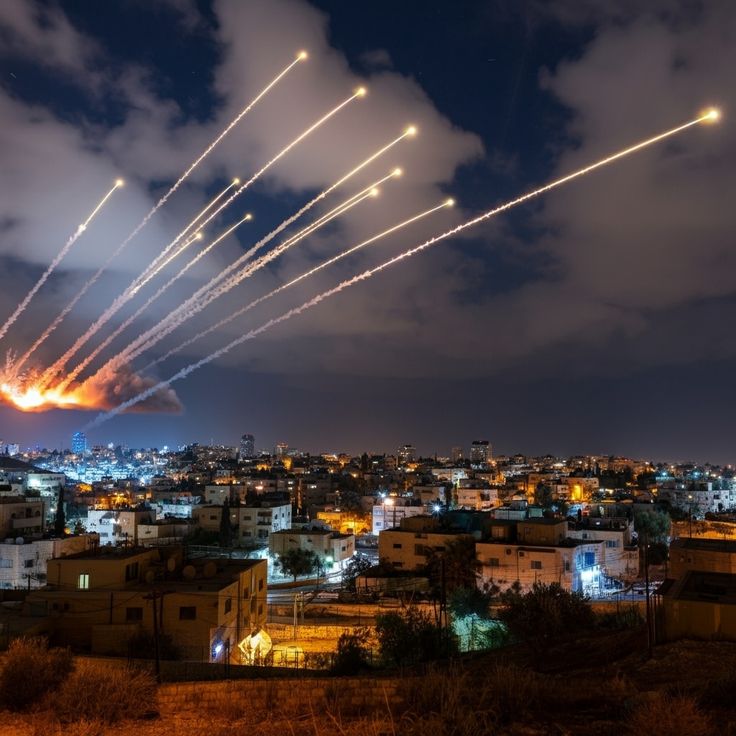
Experts Scramble to Assess Impact on Iran’s Nuclear Program
While Iranian authorities have not yet released specific information about which sites were hit, sources close to the matter suggest that the Fordow underground enrichment facility and a uranium conversion plant near Isfahan were among those affected. Satellite imagery reviewed by independent analysts also indicates visible structural damage, including collapsed sections, fire marks, and disturbed infrastructure layouts.
Preliminary findings by the AEOI indicate that centrifuge cascades used for uranium enrichment were among the most heavily impacted assets. Araqchi noted that certain critical systems had been rendered inoperable, though he asserted that Iran maintains the capability to restore operations over time.
“These strikes won’t erase our progress,” Araqchi declared. “But they do force us to recalculate both our technical roadmap and our political response. Right now, our priority is stabilization and assessment, followed by strategic recalibration.”
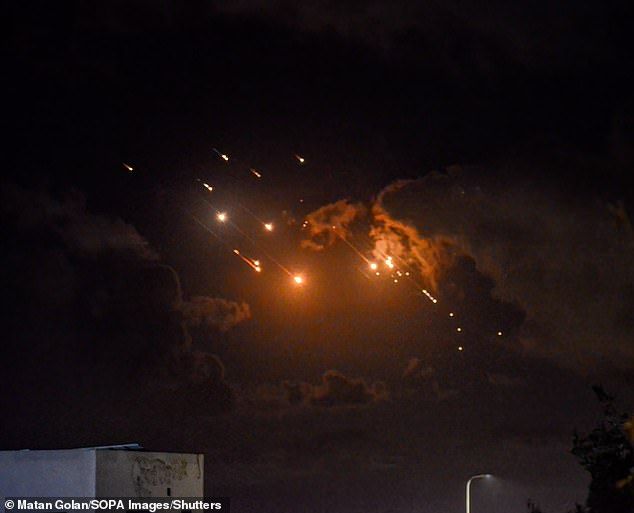
Political Fallout: No Meeting with the U.S., Says Iran
In a direct contradiction to U.S. President Donald Trump’s recent comments indicating that American and Iranian officials might meet next week, Araqchi made clear that no such meeting is scheduled. “There are no talks planned, and there will be none under these current hostile conditions,” he said.
Iranian leadership is reportedly divided between factions urging a complete break from diplomatic engagement with the U.S. and those advocating for conditional talks based on firm guarantees. However, the airstrikes have sharply tilted the balance in favor of those who view further dialogue as futile.
According to Araqchi, five prior rounds of indirect negotiations collapsed due to what he described as “dual-track aggression”—where ”diplomatic efforts were followed or undermined by military actions from either the United States or its close ally, Israel.
“Our experience is clear: we engage in talks and then watch missiles rain down on our facilities. That is not diplomacy. That is coercion wrapped in conversation,” Araqchi said.
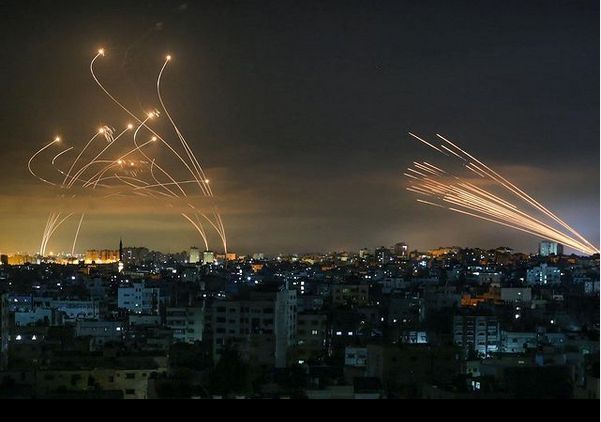
Regional Leaders React to Escalating Conflict
Beyond Tehran and Washington, regional leaders are closely monitoring the situation, fearing a wider conflagration.
Following Iran’s retaliatory missile strike on a U.S. military base in Qatar on Monday, Qatar’s Emir Sheikh Tamim bin Hamad Al Thani initiated high-level diplomatic calls with regional counterparts. One such call was made to Turkish President Recep Tayyip Erdoğan. According to a statement from Ankara, Erdoğan “emphasized Türkiye’s absolute rejection of any aggression that threatens the security and safety of the region.”
The Turkish president reportedly called for restraint from all sides while expressing concern over the targeting of military installations in allied territories. Türkiye has often played a mediating role in past regional conflicts and is expected to do so again as tensions mount.
In a separate conversation, Sheikh Tamim also discussed the situation with Iraq’s President Abdul Latif Rashid. Both leaders expressed deep concern over the prospect of broader destabilization, especially in light of Iraq’s fragile security dynamics and proximity to Iranian military activity.
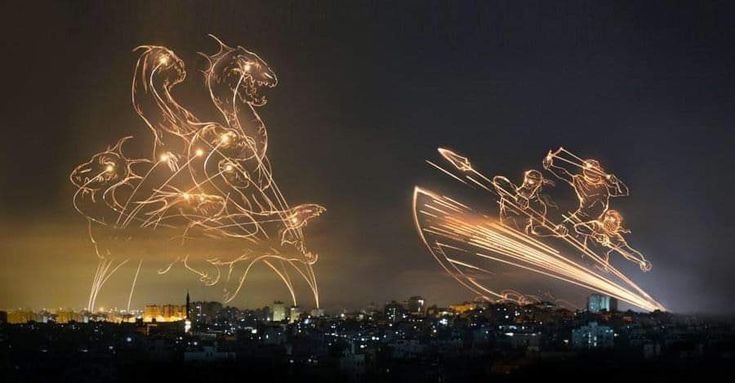
Strategic Calculations Underway in Tehran
Inside Iran, the airstrikes have triggered a wave of high-level meetings involving security officials, nuclear advisors, and political leadership. According to insider sources, Supreme National Security Council sessions have been extended to evaluate possible countermeasures, both in terms of nuclear policy and regional deterrence.
Iran may decide to accelerate its nuclear enrichment levels as a form of retaliation, a move that would further isolate it diplomatically but increase its leverage. Alternatively, it could push for stronger international mediation through the United Nations or neutral players like Oman or Switzerland.
“Everything is on the table,” one Iranian official told local media anonymously. “From rebuilding and accelerating our program to recalibrating our diplomatic posture—this strike has changed the landscape.”
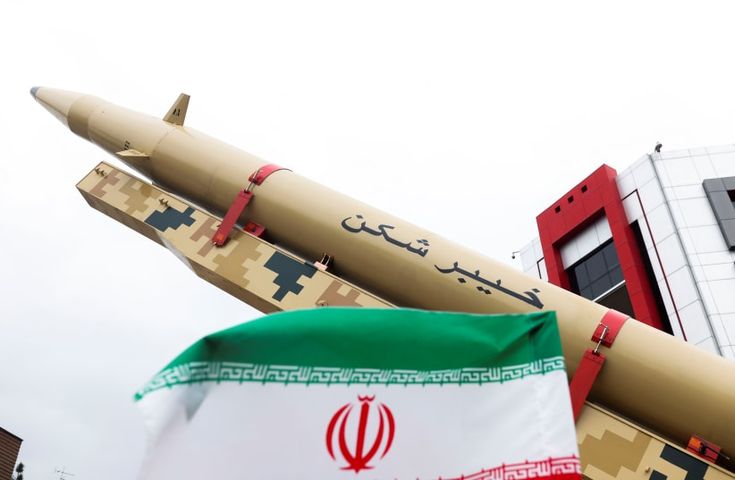
The Global Outlook
The recent escalation poses serious risks to regional security, global oil markets, and international diplomacy. The U.S. maintains that its actions are aimed at halting Iran’s nuclear ambitions, while Iran insists that its program is peaceful and within its rights under the Non-Proliferation Treaty (NPT).
World powers, including the European Union and China, have issued calls for restraint, warning that continued strikes and retaliatory actions could spiral into an open conflict in the Gulf.
The coming days are expected to be decisive. Iran’s assessments of the damage will influence whether it pursues a hardened nuclear path or leaves room for a negotiated settlement. At the same time, the U.S. and its allies must determine whether further military pressure is productive or dangerously counterproductive.
Stay tuned to WorldAffair.org for in-depth coverage, analysis, and updates on this developing story.
Author Profile
- Syed Tahir Abbas is a Master's student at Southwest University, Chongqing, specializing in international relations and sustainable development. His research focuses on U.S.-China diplomacy, global geopolitics, and the role of education in shaping international policies. Syed has contributed to academic discussions on political dynamics, economic growth, and sustainable energy, aiming to offer fresh insights into global affairs.
Latest entries
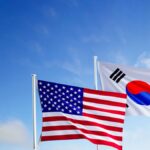 GeopoliticsAugust 23, 2025Previewing the White House Visit of South Korean President Lee Jae Myung
GeopoliticsAugust 23, 2025Previewing the White House Visit of South Korean President Lee Jae Myung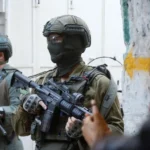 Middle East ConflictJuly 22, 2025Israel’s Deadly Attacks on Gaza: A Dire Humanitarian Crisis and International Calls for a Truce
Middle East ConflictJuly 22, 2025Israel’s Deadly Attacks on Gaza: A Dire Humanitarian Crisis and International Calls for a Truce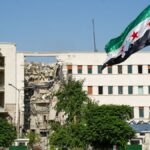 Middle East & North AfricaJuly 20, 2025Israel Targets Damascus Amid Rising Tensions in Syria
Middle East & North AfricaJuly 20, 2025Israel Targets Damascus Amid Rising Tensions in Syria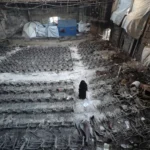 Middle East AffairsJuly 14, 2025An Open Letter from Gaza’s University Presidents: Resisting Scholasticide Through Education
Middle East AffairsJuly 14, 2025An Open Letter from Gaza’s University Presidents: Resisting Scholasticide Through Education

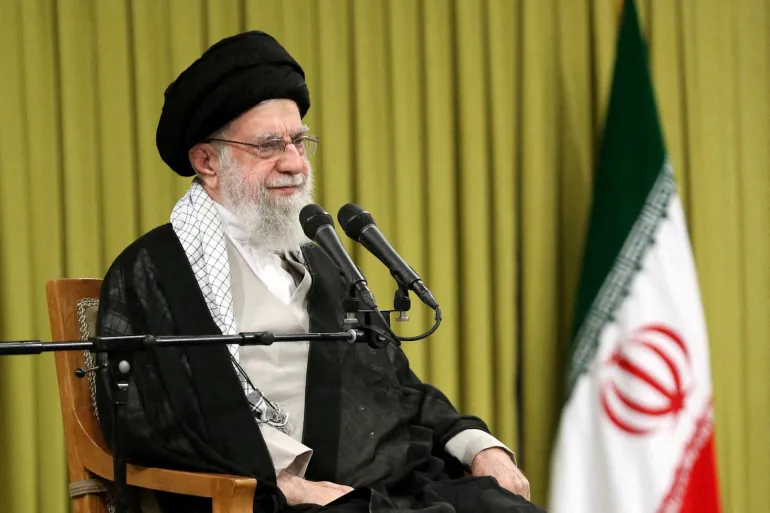

1 comment
Your writing is not only informative but also incredibly inspiring. You have a knack for sparking curiosity and encouraging critical thinking. Thank you for being such a positive influence!